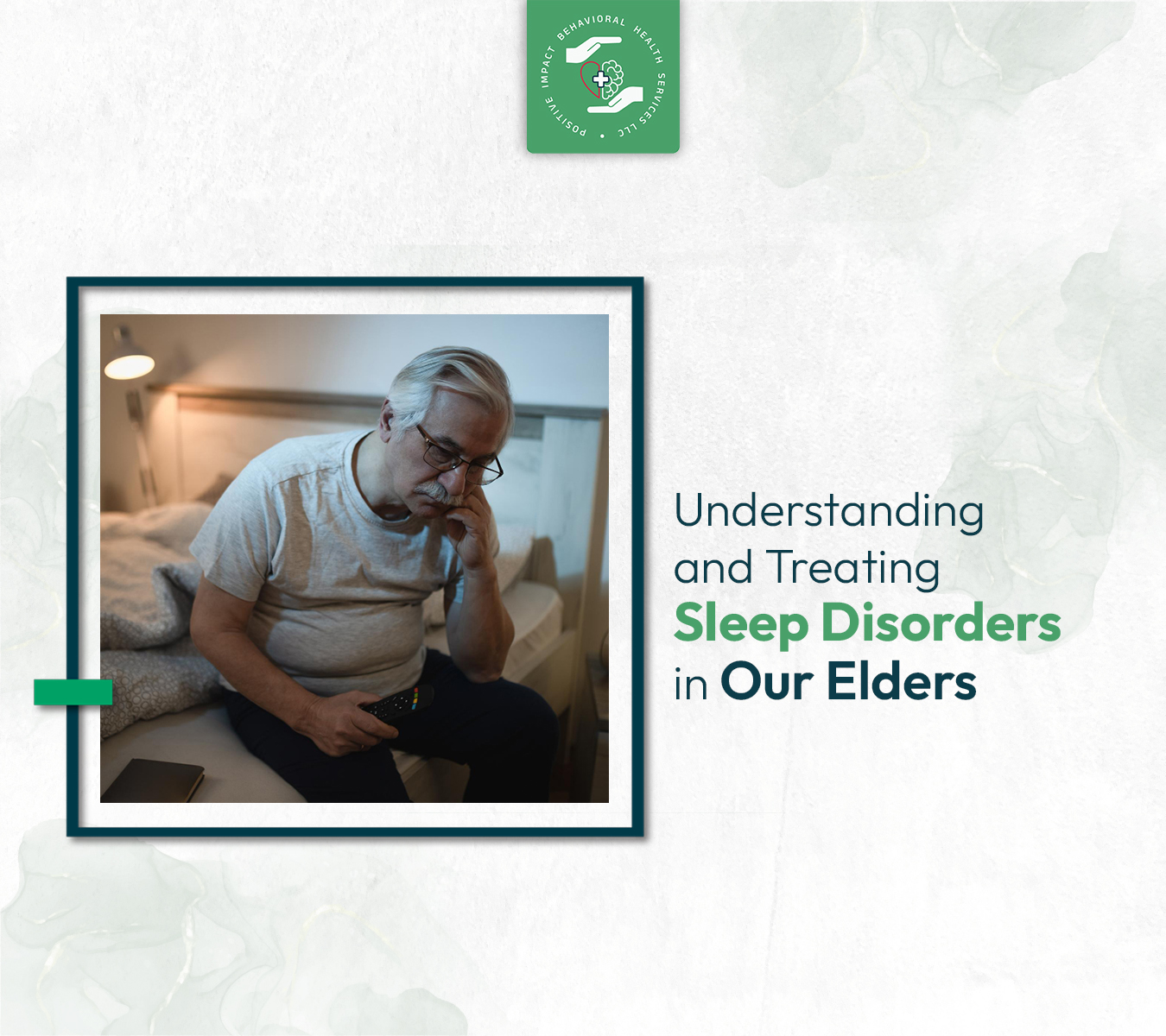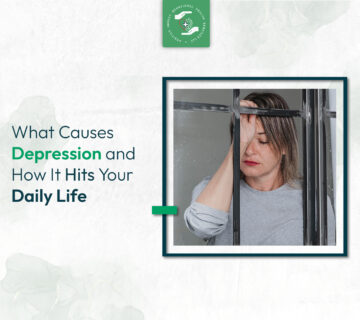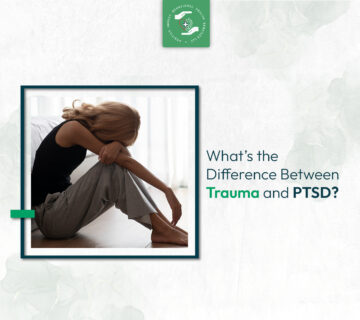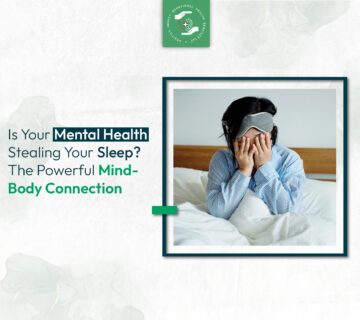Sleep is vital. Good sleep helps the body rest and keeps the mind calm. As people get older, sleep can change. Sometimes sleep problems start. These problems can make life hard. We are here to help.
What Is a Sleep Disorder?
A sleep disorder means a person has trouble sleeping often. They might not fall asleep. Or they might wake up many times. They might feel tired all day. Sleep disorders are not just being sleepy once in a while. They are a health issue.
Why Sleep Problems Happen in Older Adults
Many things can make sleep hard for elders.
Some have pain or illnesses. Some take medicines that change sleep. Others have worries or feel sad. Sleep can also change with age. The sleep-wake cycle may shift. This means falling asleep earlier or waking up earlier.
Common Sleep Disorders in Elders
Here are some sleep problems we see a lot:
- Insomnia. Hard to fall asleep or stay asleep.
- Sleep apnea. Breathing stops for short times during sleep.
- Restless legs. Strong urges to move the legs at night.
- Too much daytime sleep. Napping a lot and still feeling tired.
Each problem needs care. We check what is causing it.
Signs to Watch For
Watch for these signs in your loved one:
- Struggles with slumber or constant disruptions.
- Loud snoring or gasping during the night.
- Excessive sleepiness during the day.
- Mood swings, like sadness or anxiety.
- Memory issues or trouble focusing.
If you see these signs, get help. Sleep issues can make other health problems worse.
How Sleep and Other Health Problems Are Linked
Sleep is linked to many things we treat. If someone has depression, anxiety, mood problems, or trauma, sleep may be poor. Substance use, ADHD, schizophrenia, and psychosis can also affect sleep. Treating sleep can help these conditions. Treating these conditions can help with sleep. We look at the whole person.
How We Help at Positive Impact Behavioral Health Services
We care for elders with kind, clear steps. We listen first. We ask about sleep, moods, medicines, and habits. Then we make a plan.
Our services include:
- Evaluation. We check sleep and health. We may ask about symptoms and medicines.
- Therapy. We use simple talk therapy that help sleep skills. We may teach ways to calm the mind. We help with problems like anxiety and depression.
- Medication support. If needed, our providers talk about medicines that may help. We watch medicine effects closely.
- Special care for sleep disorders. We work with sleep doctors if tests or machines are needed for sleep apnea.
- Help for related issues. We treat depression, anxiety disorders, mood disorders, schizophrenia, trauma and PTSD, ADHD, psychosis, and substance abuse. These treatments help with sleep, too.
- Family support. We teach families how to help at home. Small changes can make big differences.
We use gentle, kind words. We make plans that fit each person.
Simple Things Families Can Do at Home
Here are easy steps families can try:
- Keep a regular sleep time. Sleep and rise at the same hour every day.
- Make the bedroom calm and dark. Use soft light at night.
- Reduce naps to short times early in the day.
- Avoid big meals and lots of drinks before bed.
- Help with quiet routines. Read a book or listen to soft music.
- Make sure medicines are taken the right way. Talk to doctors about side effects.
These small habits can help a lot.
When to Seek Professional Help
Call us if sleep problems are strong or last a long time. Get help if someone stops breathing at night or snores loudly. Seek help if sleep issues make daily life hard. We can check for medical causes and make a clear plan.
What to Expect at Our Clinic
At Positive Impact Behavioral Health Services, we are kind and patient. We talk with elders and families. We explain things in simple words. We make a plan together. We follow up and change the plan if needed. We want every elder to feel safe and rested.
Conclusion
Good sleep helps the body and mind. Sleep problems are common but treatable. We are here to help elders sleep better and feel better. If your loved one needs care, we can walk with you every step. We treat sleep disorder and the health issues that go with it. You are not alone.
FAQs
Q. Can mood problems cause sleep problems?
Yes. Feeling sad or worried can make sleep hard. Treating mood issues can help with sleep.
Q. Will medicines fix sleep?
Sometimes medicines help. We often start with simple sleep steps. Then we think about medicine if needed.




